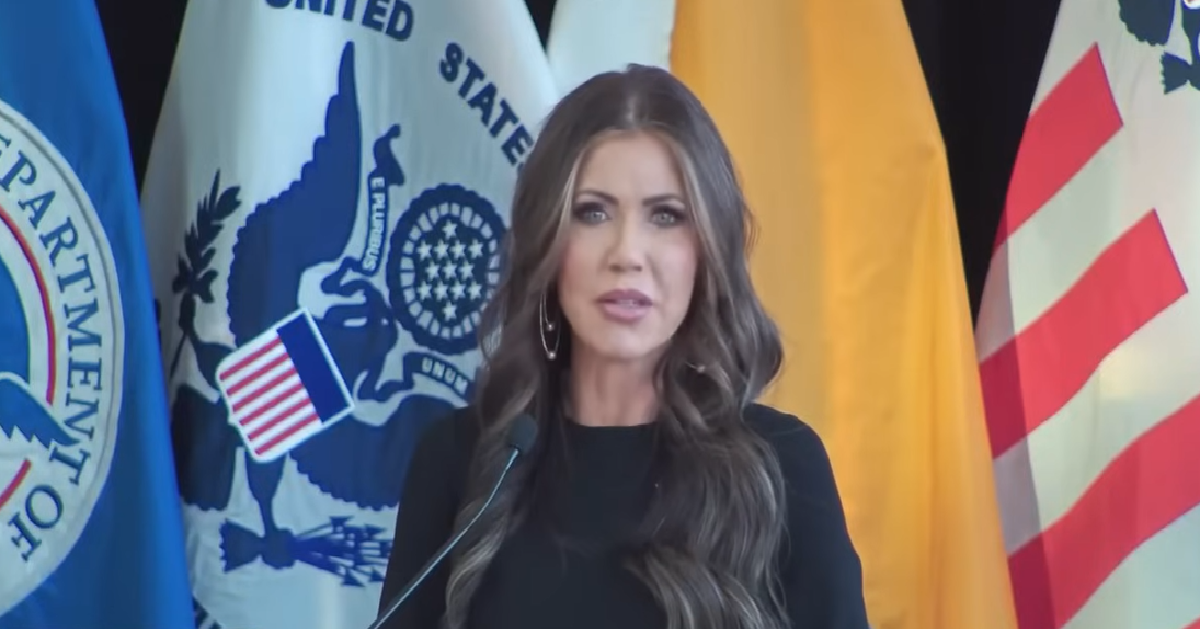Trump's controversial Pentagon nominee advances to full Senate
The Senate voted Monday mostly along party lines to advance controversial Pentagon nominee Elbridge Colby to a full vote.
President Donald Trump nominated Colby for Defense Department under secretary for policy, but some Republicans did not like some of his past views on Ukraine, NATO, and Iran.
On the issue of Iran, Colby said he preferred tolerating and containing a nuclear Iran to using military force to prevent Iran from getting nuclear weapons. This view runs contrary to where most Republicans stand on the issue.
Colby also said last year on a podcast that he thought the United States should reduce its support of Ukraine and Europe to focus on the threat posed by China to Taiwan.
Vance steps in
Some of Colby's views, like his view that the U.S. is unprepared to fight China in its own backyard and needs to better prepare for this, seem to align with Trump's.
Vice President J.D. Vance also boosted the nomination by introducing his friend "Bridge" to the panel at his nominating hearing.
Several Democrats voted in favor of Colby, including Sen. Jack Reed (RI), the ranking member of the Senate Armed Services Committee, and Sens. Mark Kelly (AZ) and Elissa Slotkin (MI), who also sit on the committee.
The committee's vote on Colby was done behind closed doors.
Sen. Mitch McConnell (R-KY), an outspoken defense hawk, voted for Colby despite his views.
Confirmation likely
Without more significant Republican opposition, Colby will probably be confirmed.
He reportedly did well in the confirmation hearing and managed to answer Republicans' concerns.
So far, all of Trump's nominees have been except for the few who stepped down before the vote.
However, only 45 of the 278 positions Trump has appointed so far have been confirmed, according to the Washington Post Appointee Tracker.
This seems slow, but it is more than Joe Biden had gotten confirmed during his term and more than Trump had gotten confirmed at this point in that term as well.
The other 230 nominees are being considered by the Senate, but if past performance is an indicator, it could take until January 2025 for all of them to get through the process.






